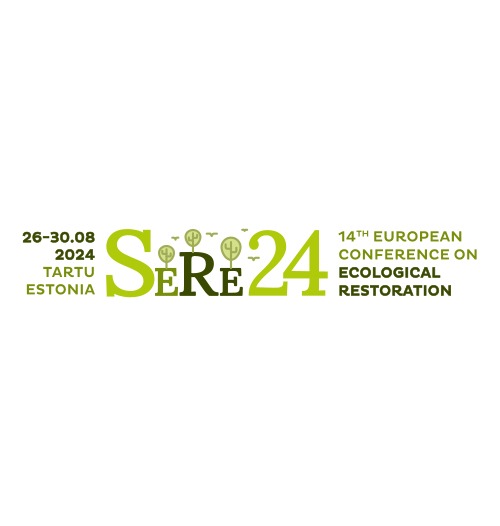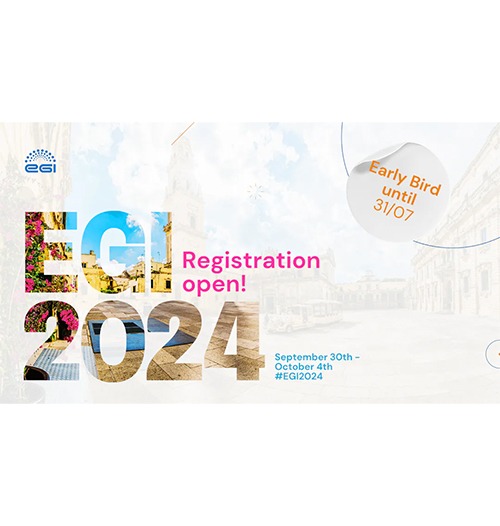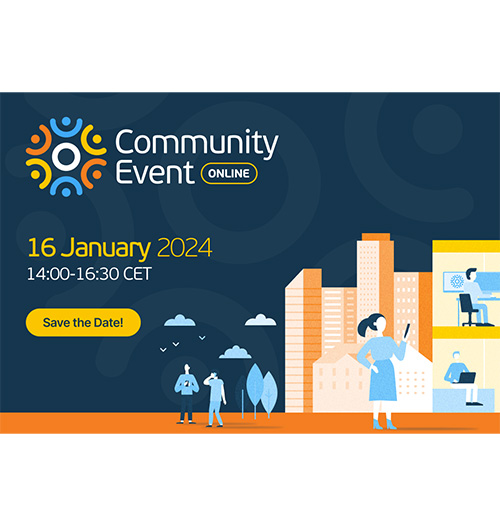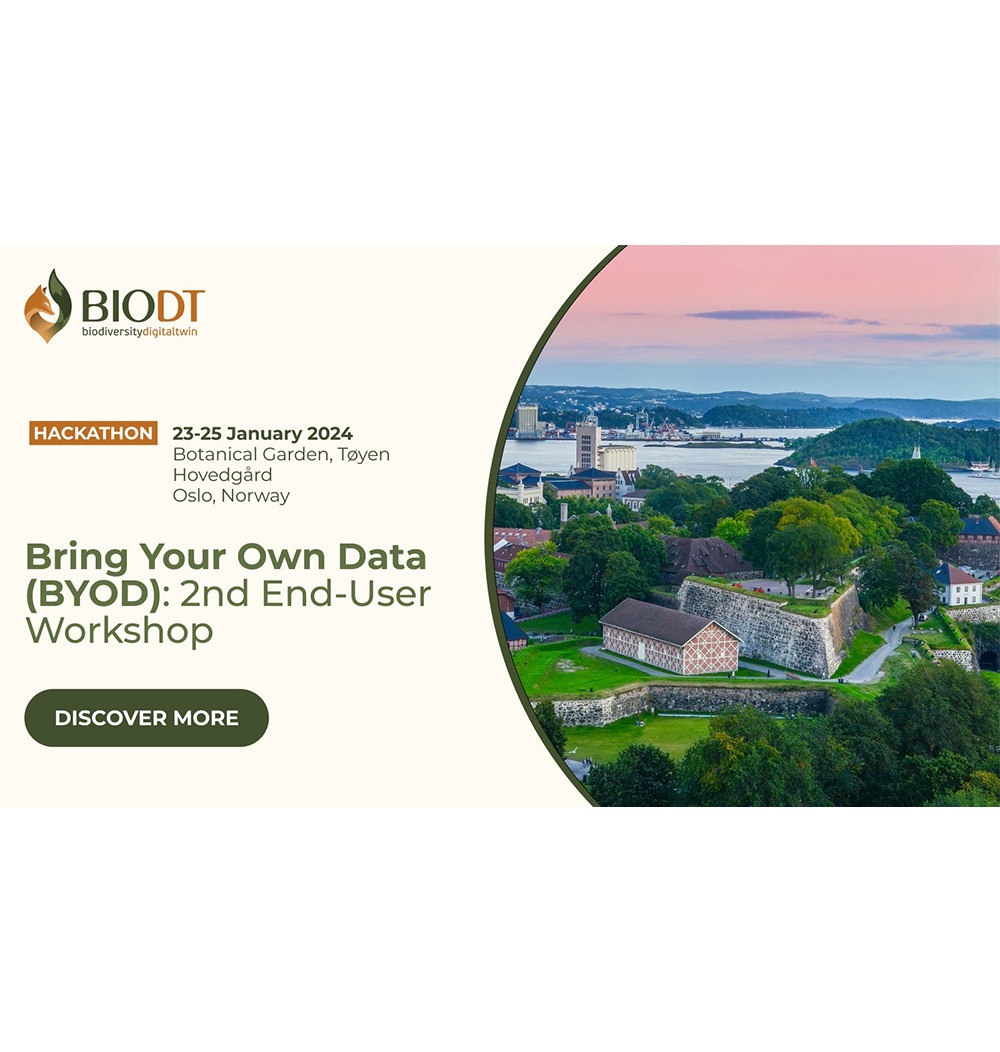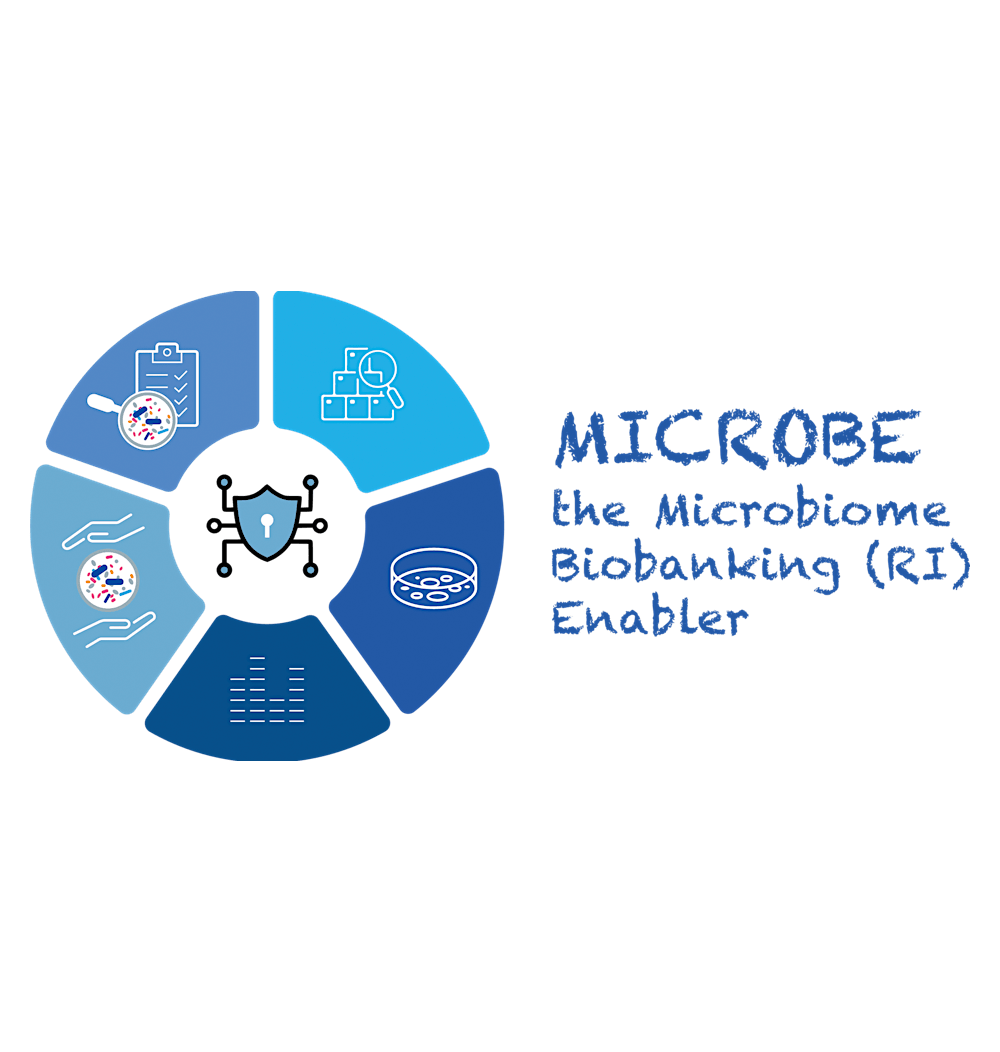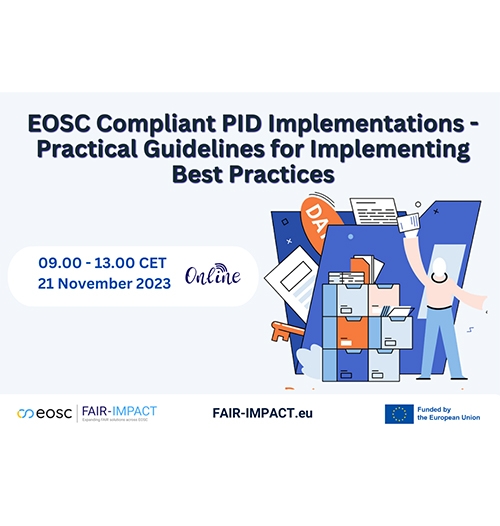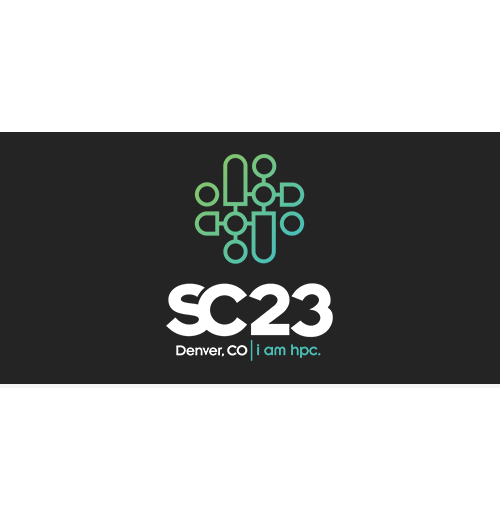Liverpool, UK
In December 2024, ecologists worldwide will gather in Liverpool for Europe’s largest and most welcoming conference dedicated to ecology.
The British Ecological Society Annual Meeting attracts over 1200 delegates each year and provides opportunities to meet new colleagues, develop your career, learn new skills, and share your science with the global ecological community.
The programme will be available soon. For more information, please visit the official website: https://www.britishecologicalsociety.org/events/bes-annual-meeting-2024


